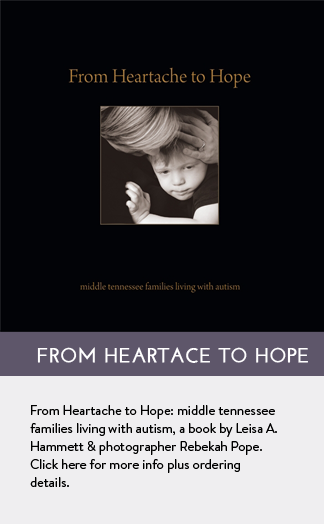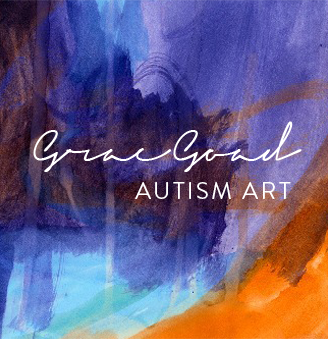The veteran parents warned us newbies that we’d soon get a rude shock and it would be followed by a series of shocks throughout the growing up years of our sons and daughters with autism. If we were lucky enough to receive a diagnosis before the age of three, and receive adequate enough amounts of services, we’d see that reduced by the time our children reached three. Then, at five or six, they’d leave the little caccoon of preschool, and the services would shrink again. And again at age 12. I remember all of these shocks, especially 12. But the one that reverberated the most was 16 and I’ve spent the last five summers, and now this coming one, feeling those aftershocks, post-16. They are preparation for the year ahead: 22, when the diminishing quality and quantity of services drops to a near silence into a great abyss.
This is the sixth summer of our march to the cliff, as it is known by the hundreds of thousands of families with autism aging out within this decade of known autism increase. That perilous precipice that we’re teetering on above the black hole. I’d begun to make peace with those summers of fewer services, but come next summer, public school programming, (the post-high school transition/job training services) will have had it’s grand finale in our lives, and so will summertime and all other services. And that is why we are looking to move.
But what I have found nationally, is also a shock. While Tennessee remains near the bottom 10 states in what they provide their vulnerable populations with disAbilities, it’s not a buffet anywhere. This was brought home to me after NBC’s Dateline special, “On the Brink” aired during April, national autism awareness month, followed by NPR’s Tom Ashbrook’s On Point Radio show, “Stark Realities of Autistic Adulthood,” and my conversation with a national association director for state intellectual and developmental disability departments.
Public school, private, and university-based programming and research has focused, during the last two decades, on the causes and genetics of autism, and early intervention programming. The field was so new, esteemed researcher Paul Shattuck told Ashbrook, that there was no precedent for looking ahead to the fact that children grow out of early intervention and eventually become adults. Sorry, but we eff’d our ownselves here. Meanwhile, many states, such as Tennessee, march on as if our population does not exist. (Please don’t tell me we need to form advocacy groups here. We’ve had them for decades and we are sophisticated. Whereas our legislature has the sophistication and heart-compassion of a Bubba-network.) Everywhere, nationally, Medicaid budgets are being slashed. Families are flocking to states that have better services, and those state funded services are swelling up into the tens of thousands of people on wait lists. That’s left families like me chasing their tail, wondering what direction to go. I’ve further limited our search with the demand that we stay within proximity of our five family members, especially Grace’s father who provides me with every other weekend relief and is fiercely bonded with Grace. She is the one who loses most if we were to relocate to Arizona, deemed as having top programs, or to California where everyone with a disAbility gets something or Michigan, which is also considered one of the better states.* Arizona is the only to which I’d consider relocating.
It’s forcing me to be creative like I had to when we entered the school system. If something doesn’t exist, contact top officials and write proposals for pilot programs and cobble together a new life. Wish me luck. It’s arduous and I’m working on following my own shared wisdom of taking it one now moment by moment and surrendering fear of an unknown reality. Doing that is what will ground me. Somedays I’m more grounded than others.
The fact that’s been an odd comfort to me in all this, is that I’m not alone. Dateline and On Point helped megaphone that point. We are but one family of hundreds of thousands, (50,000 more families of sons and daughters with autism join us each year,) who are facing this crisis. And I’m determined not to shut up talking about it in every medium that I can easily access, and I appreciate the affirmations of my readers here and on other social meida who are on the outside of our community. You’ve told me that you were unaware that this was happening and thanked me for speaking up. And, for all the advocacy efforts of emotionally stable, educated, or moxie-enabled families out there, like ours, there are tragically so, so many more who have little to no resources to cope, to search, to find a safer place to land.
*Please note that I acknowledge that there is no perfect state, including those cited as the best. I know this. Don’t shoot the messenger please. And, also, the numbers of autism increase are based on Centers for Disease Control data. They only address the autism population in the last 20 years. Truth is, history suggests that autism has been with us since the Middle Ages, and while our increase has heightened the awareness of the crisis, aging out has always been a delimma within our community for those in recent history that were not institutionalized and did attend public school. Furthermore, there are a myriad of other families with loved ones who have developmental disAbilities who suffer the same fate. I talk about their numbers here and here.







